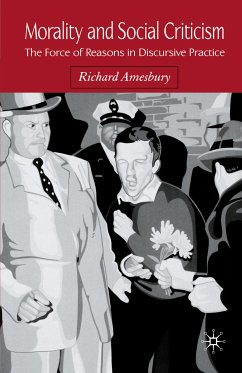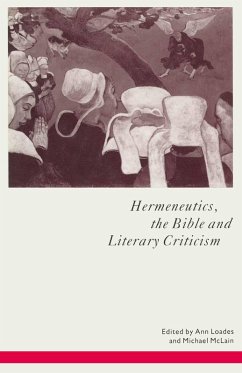'Basterra's thesis - that tragedy structures modern subjectivity - is amply and originally demonstrated here. The range of texts she brings to the fore is unprecedented in its cultural breadth and illuminating force. Written with erudition in both philosophy and literature, this book is impressive, moving, serious, passionate and important.' - Judith Butler, Department of Rhetoric and Department of Comparative Literature, University of California, USA
'In an exploration of an exceptional intellectual rigour and intertextual complexity Gabriela Basterra draws, in this book, a most insightful and fascinating picture of the tragic destiny of modern subjectivity. There can be little doubt that Seductions of Fate will be seen as one of
the great theoretical interventions of the last ten years.' - Ernesto Laclau, Department of Government, University of Essex, UK
'The quality, scope and originality of this book sets an important (indeed, rare) example for future research.'- Francisco-J. Hernandez Adrian, Department of Romance Studies, Duke University, USA
'Basterra's is a rare and important new voice on the international scene, and this work, as no other with which I am personally familiar, points the way beyond the post-modernist orthodoxies that preoccupy and hobble so much contemporary thought. Her work engages real possibilities for thinking about political and ethical subjectivity.' - James Creech, Director of Graduate Studies, Department of French and Italian, Miami University, USA
'How does one read texts that are infused with a prestige and an authority that render them, it would seem, critically unassailable? This question may serve as a reminder that myth-making is not the exclusive province of mythology and tragedy as they have been variously appropriated by Europeans since the Renaissance. How does one argue that tragedy and the tragic, in texts spanning the length of so-called Western history, conceal a structure that mightalso suggest the way out of the necessity of subjectivity? In other words, what are the ethics, and the politics of tragic subjectivity? In this remarkable new book by Gabriela Basterra, these questions are addressed soberly and critically through breath-taking readings and arguments on a vertigo-inspiring constellation of classical and modern; philosophical, literary, and theoretical texts. The result is an original theory of subjectivity where ethics and politics have taken central stage.' - Revista de Estudios Hispánicos














